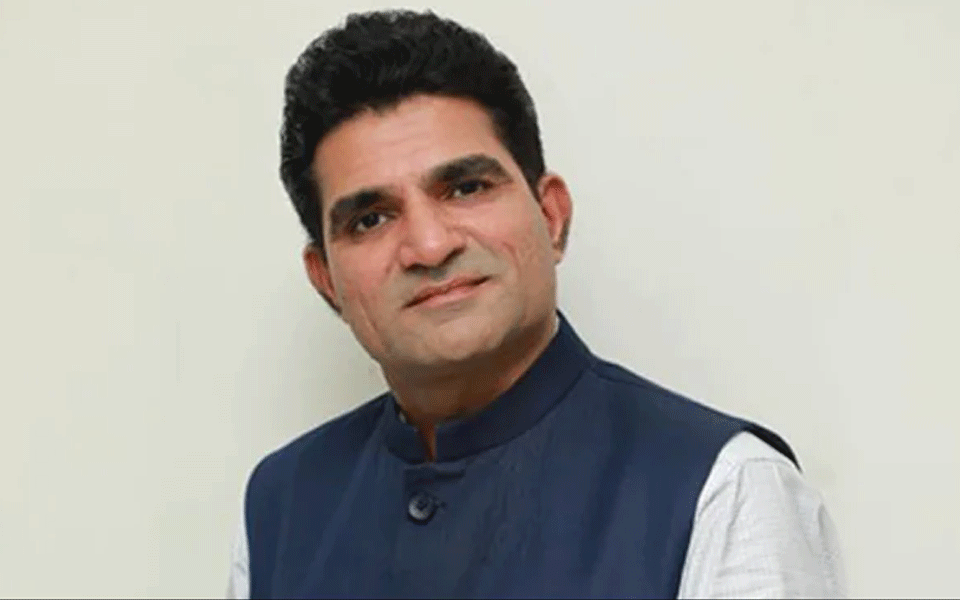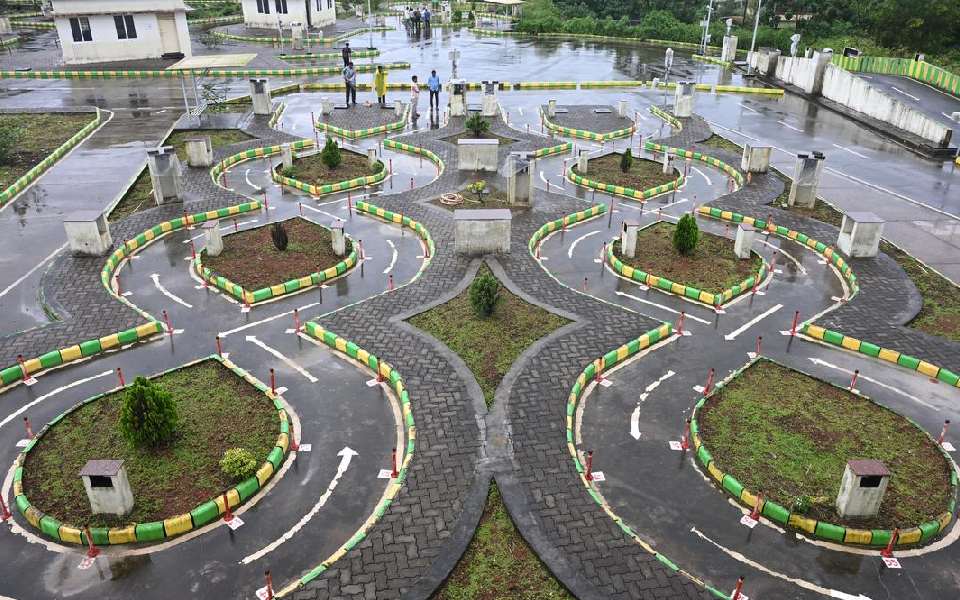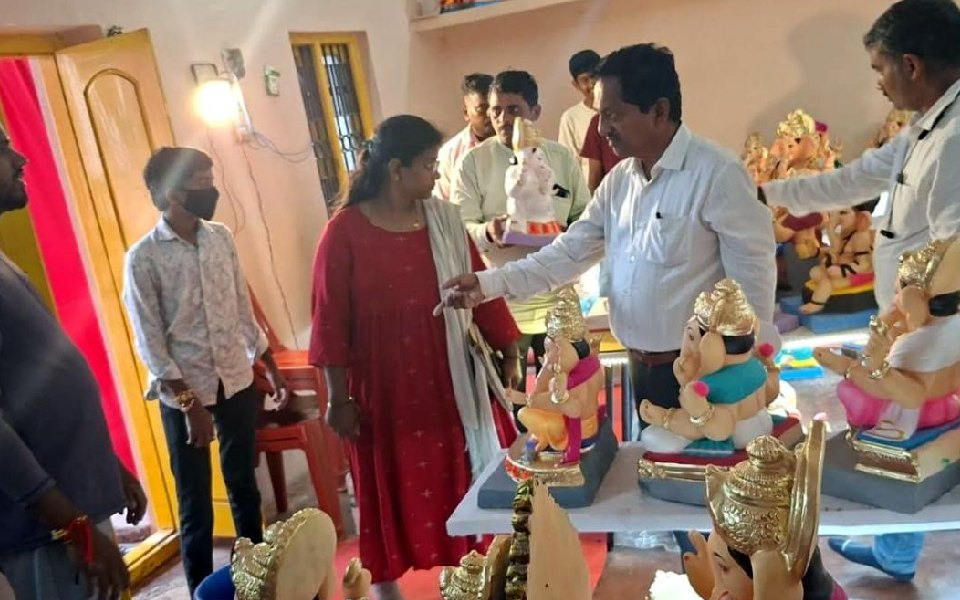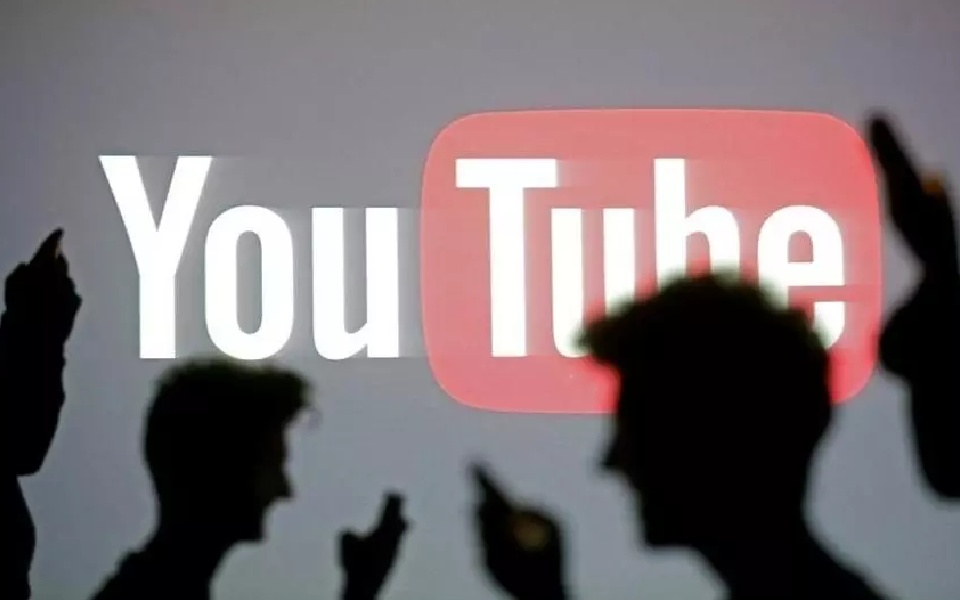Ahmedabad (PTI): The Aam Aadmi Party (AAP) on Friday named former TV anchor and journalist Isudan Gadhvi as its chief ministerial candidate for next month's Assembly elections in Gujarat.
The announcement was made by Delhi CM Arvind Kejriwal who said the 40-year-old Gadhvi got as many as 73 per cent votes in a poll conducted by the party.
Gadhvi was pitted against state party unit chief Gopal Italia, who played a key role in the Patidar community agitation.
He hails from a farmers' family in Dwarka district's Pipaliya village and belongs to the other backward castes, which account for 48 per cent of the state's population.
Kejriwal said the party conducted the poll by asking people to choose their chief ministerial face.
Over 16 lakh people voted and 73 per cent of those preferred Gadhvi, Kejrwial said.
Last week, Kejriwal had urged people to contact the party through SMS, WhatsApp, voice mail and e-mail to give their views about who should be the CM candidate from the party in the state, which is currently being ruled by the BJP.
He had said that people could submit their points of view till November 3 evening and on the basis of their opinions, the name of the party's chief ministerial face would be announced the next day.
At that time, Kejriwal had also said, "During the Punjab elections, we had asked people as to who should be the next chief minister. People named Bhagwant Mann by a huge majority. And as per the wishes of the public, we made him the chief minister." The AAP on Thursday announced its ninth list of 10 candidates for the Gujarat polls, taking the number of candidates whose names have been announced so far to 118.
Elections to the 182-member Gujarat Assembly will be held in two phases next month - on December 1 and 5 - while votes will be counted on December 8.
Let the Truth be known. If you read VB and like VB, please be a VB Supporter and Help us deliver the Truth to one and all.
Bengaluru, Aug 11 (PTI): In response to a planned three-day strike by ASHA workers starting August 12, the Karnataka Health Department on Monday issued a notice prohibiting all officers and staff from taking leave during the protest period, except in cases of medical emergencies.
Accredited Social Health Activists workers are demanding the fixed honorarium of Rs 10,000 promised by the state government in January. They have announced a continuous state-level protest from August 12 to 14.
The notice stated, “Information about ASHA workers absent from duty within district limits will be collected daily from primary health centres, compiled at the district level, and submitted to the commissionerate by 3 pm during the protest.”
The Health Department also urged community health officers, primary health protection officers, health inspectors, and Anganwadi workers to cooperate in ensuring that health services to the public remain uninterrupted.





